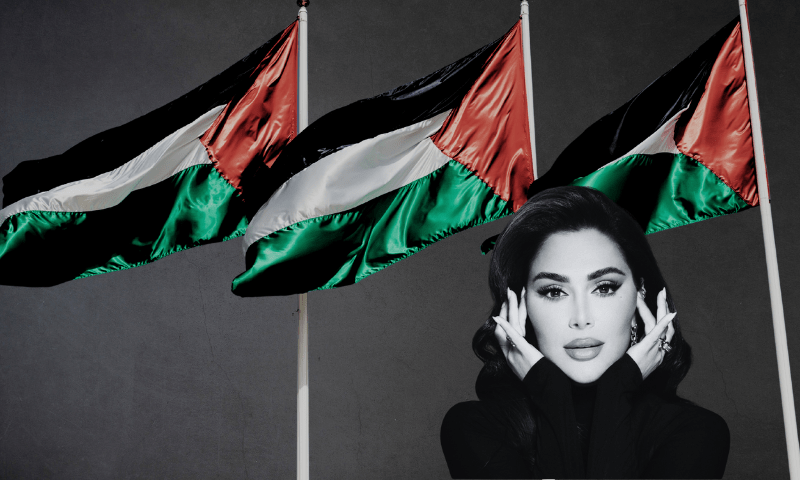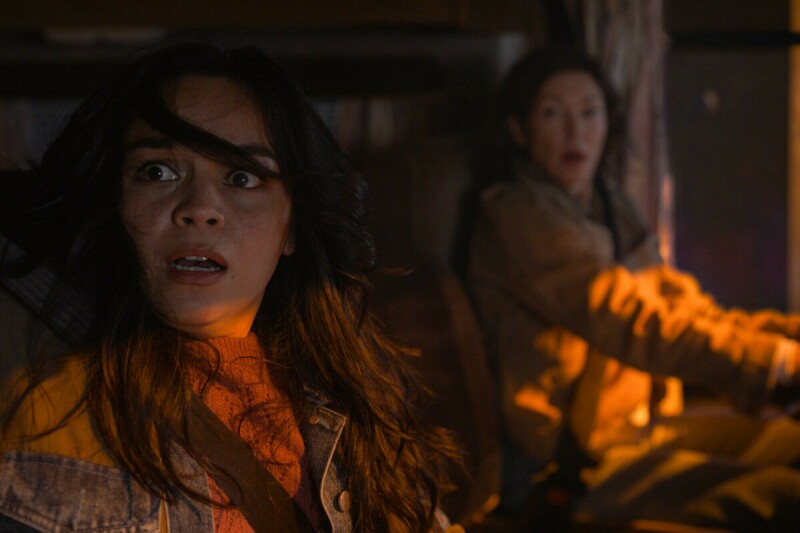Fatima Surrayya Bajia's translation of Japanese plays launched
KARACHI: An Urdu adaptation of a collection of Japanese dramas titled Khamoshi Ka Shor by the late Fatima Surrayya Bajia, compiled and introduced by Khurram Sohail, was launched at the Japan Information and Culture Centre on Thursday.
Speaking on the occasion, Japanese Consul General Toshikazu Isomura said he first met Bajia in 2007 when she was already a popular playwright. He said she was fond of Japan and had translated some of Japanese plays into Urdu. He said there was another memory of Bajia that stood out for him. Describing that he said when in 2011 Japan was hit by an earthquake and tsunami, a programme was held at Seaview at which Bajia remarked that the earthquake could destroy buildings but could never weaken the strong will of the Japanese people. He said her words to date stayed with him.
Mr Isomura said Bajia’s services to literature in Pakistan were priceless. He also talked about his efforts to stage a Japanese play that Bajia had translated and Khurram Sohail was involved in its production. He said afterwards Sohail joined the Japan consulate and he asked him to compile Bajia’s works to pay tribute to her. He said Sohail’s hard work had now resulted in the form of the book that was being launched. He said he personally wanted it to be published in Bajia’s life, but unfortunately that did not happen.
Writer Anwar Maqsood, a younger brother of Bajia, thanked the Japanese consul general and Sohail for coming out with the book. He said Bajia had as much love for Japan as she had for Pakistan.
He also mentioned Azmat Ataka for being close to Bajia and for regularly visiting her. He said the consulate had done what the government of Pakistan or PTV should have done. He said he would never be able to forget this gesture. He said the book was well printed and Mr Isomura had himself looked after its publication.
Khurram Sohail said he deemed himself fortunate that he was among so many noted individuals. He said he discovered Bajia through Japan and got to know how important a person she was. He said she had been limited to the world of television; she was much more than that. He reiterated that he was happy that noted people had gathered and were in one another’s company.
Azmat Ataka said he had been working with the Japanese consulate for a long time. He said Japan and Pakistan enjoyed relationship in different fields, the strongest of which was in the field of culture. He spoke on Bajia with affection and also shed light on the plays she had translated into Urdu from Japanese and the first time they were staged.
Actor Shakeel said he had known Bajia for four decades. He said whatever the playwright did, she did it with a great deal of involvement. He said he acted in three or four of Bajia’s stage plays, one of which was titled Khaali Goad.
Actor Qazi Wajid said the word impossible did not exist in Bajia’s world. He said when it came to welfare work she would always be leading everyone. She said she had once told him that she used to write poetry and paint, but when Zehra Nigah (her sister) started writing poetry, she discontinued it, and when Anwar Maqsood began to paint, she stopped painting, which indicated that she wanted others to progress.
Moinuddin Aqeel said remembered the time when Bajia was an active member of the Pak-Japan Cultural Association (Sindh). He said Bajia had a tremendous quest for knowledge. He told the audience that just like Japanese literature was being translated in Pakistan, Urdu literature was being translated and published in Japan. He said 300 Pakistani short stories, including those of Manto, had been translated into Japanese.
Sadia Rashid echoed other speakers’ sentiments and said Bajia lived in our hearts.
Ambreen Haseeb Amber conducted the event.
Published in Dawn, July 29th, 2016










